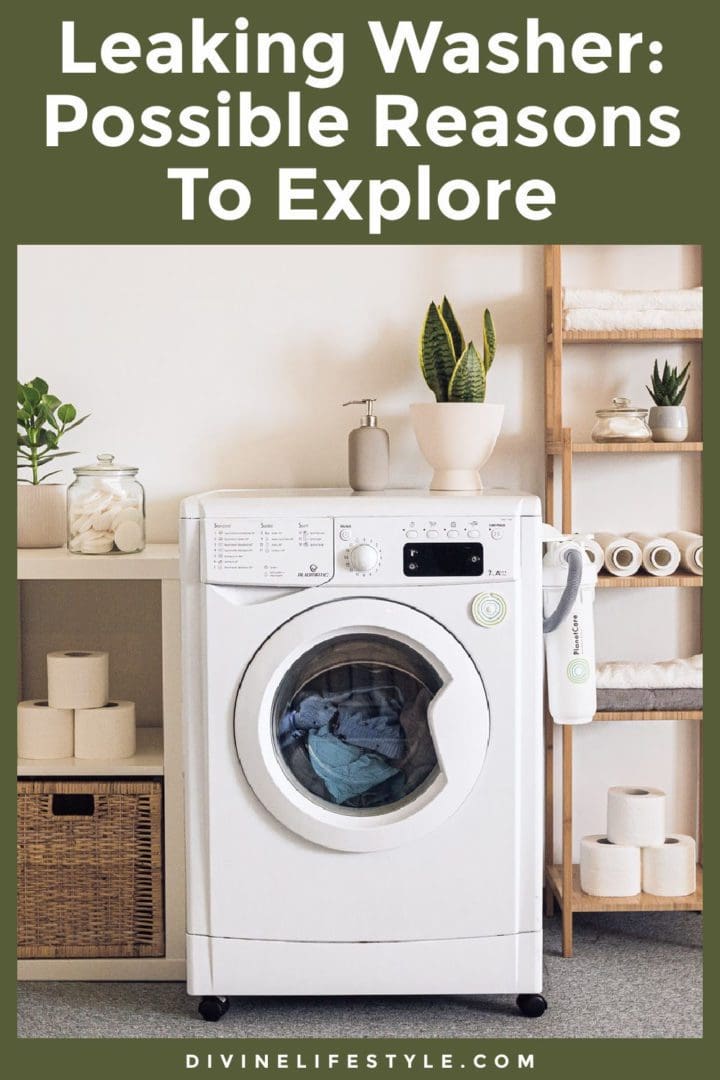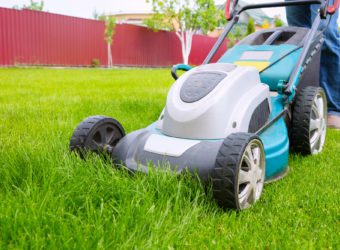Why is my Washer Leaking?
Why is my Washer Leaking?
Is your washing machine leaking water? Washing machines are hard workhorses. They wash an average of six to eight loads of laundry every week or around 400 loads every year. Although designed to be extremely durable, they are particularly vulnerable to wear and tear. It’s not surprising that washers become inefficient or develop leaks over time. Is your washer leaking water? The good news is that most washing machine leaks can be DIY fixed, although, in some cases, you will need the help of an appliance technician.

Why is my Washer Leaking?
Washing machine leaking water? Family Handyman says you can fix the most common leaks yourself and avoid a $75 service call. So before you call an expert, you want to make sure to follow these tips to make certain that it’s a leak and not just a spill. Why is my washing machine leaking? Wipe up the water and run a normal wash cycle. Then, check if the puddle still develops around the washer. If there is still water, then it’s time to look for its cause. You don’t want to call an appliance repair technician just to tell you there isn’t a problem. So, what are the most common causes of leaking the washer? Let’s check out below.
Washer door & soap drawer
Using the wrong type of detergent and overfilling the soap drawer is a frequent cause of leaky washing machines. Avoid leaks by using high-efficiency (HE) detergent or the recommended formulation for front load washers to reduce over suds-ing. Also, avoid loading too much detergent or overfilling beyond the fill line indicator. Dirty or damaged doors can also cause leaks. This is why regular cleaning after each use is vital. Also, check the seals for any damage. If the seals are damaged, be sure to replace them immediately. High incoming water pressure can also cause leaky washer doors. To fix this, slightly lower the water pressure.
Clogged drain
In many cases, the washer itself doesn’t have issues but rather is due to a plugged floor drain. Over time, dirt, lint, and debris can build up and clog the floor drain. This affects the proper drainage of wastewater and eventually causes leaks. Inspect the floor drain for any obstruction. Open the drain cover and pour a mixture of hot water, baking soda, and vinegar. You can also use commercial-grade drain cleaners. For major clogs, a plumber’s snake proves useful. And while you’re at it, inspect the drain hose for potential water drips. Make sure it is securely and tightly attached to the drainpipe. Also, check for any damage along with the hose.
The Most Common Hidden House Problems to Watch Out For
Why is my washing machine leaking?
Water supply hoses
Cracked, ripped, or loose water hoses are a major cause of leaks. Check if they are in good condition and tightly connected. Due to vibration, the connections might loosen up. Also, inspect the mesh screen and rubber washers which ensure a perfect fit. If you’re using a standard rubber hose, consider replacing it with a steel braided hose. This is sturdier and more durable than an ordinary hose.
Internal hoses
If the external hoses are in good condition, you can suspect problems with the internal hoses. Usually, the internal hose connects the inlet valve to the tub. Perforated, disconnected, or cracked hoses can leak water. Check if the spring clamps are corroded or loose as they can also leak.
Pump
The water or drain pump empties the water from the washer tub – and it can also be the cause of the leak. If the leak does not originate from the external doors, clamps, connections, or hoses, inspect the internal components of the washer. Unplug the machine and move it away from the wall so you can open the access panel on the back. Look for visible signs of damage such as calcium deposits, indentations, rust, and open punctures. Inspect the pump and pump hoses located near the pulley seal. Leaks near or around the pump suggest a need to replace this part. You can attempt to DIY replace these internal components. However, if you are not comfortable with your skills, it is best to ask the help of a certified technician.
How to Keep Drains Clean
Why is my Washer Leaking?
Washing machine leaking water still? If you don’t find any signs of a leak, run a normal cycle while you’re checking the access panel. Hopefully, this will reveal hard-to-find leaks. Finally, if you are unsure about the underlying cause of a leak, you can call experienced technicians. These experts can help diagnose the problem and minimize further damage.

Keep These 5 Things in Mind Before You Buy a New House
You May Also Like






